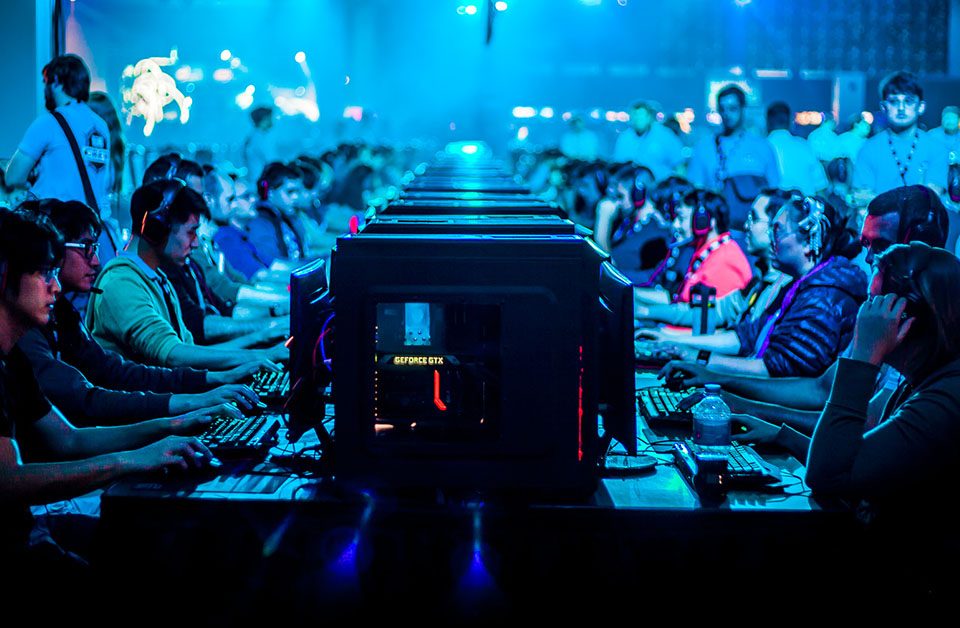Esports, once considered a niche interest, has rapidly transformed into a global phenomenon, captivating audiences with its thrilling competitions and fostering a community of dedicated gamers and enthusiasts. From humble beginnings in the early 2000s to its current status as a mainstream entertainment industry, the evolution of esports has been marked by groundbreaking advancements, increasing investments, and a significant impact on various sectors. This article delves into the growth and impact of competitive gaming, shedding light on its journey from grassroots movements to multi-million-dollar tournaments and its profound influence on contemporary culture.
Evolution from Local Gatherings to International Spectacles
In its nascent stages, esports primarily thrived within local communities, where gaming aficionados organized small-scale tournaments and LAN parties. Games like Counter-Strike, StarCraft, and Warcraft played pivotal roles in shaping the early esports scene. As technology advanced and online gaming became more accessible, the competitive gaming landscape expanded, paving the way for global competitions and the emergence of professional esports teams.
Intersection of Technology and Entertainment
The evolution of esports can be largely attributed to the symbiotic relationship between technology and entertainment. The development of high-performance gaming hardware, streaming platforms, and online communities has revolutionized the way esports is consumed and has contributed to the exponential growth of its audience. With the advent of live streaming services such as Twitch and YouTube Gaming, fans can now watch their favorite players and teams compete in real-time, fostering a sense of community and engagement.
A Lucrative Industry and Growing Investments
Esports has evolved into a lucrative industry, attracting investments from various sectors, including technology, entertainment, and advertising. Major corporations and brands have recognized the potential of esports as an effective marketing platform, leading to sponsorships, endorsements, and partnerships with top esports organizations and players. The development of dedicated esports arenas and the establishment of professional leagues, such as the Overwatch League and the League of Legends Championship Series, underscore the rapid commercialization and institutionalization of competitive gaming.
Impact on Contemporary Culture and Society
The rise of esports has had a profound impact on contemporary culture and society, redefining the perception of gaming and fostering a sense of inclusivity and diversity within the gaming community. Esports has provided opportunities for aspiring gamers to pursue careers as professional players, coaches, commentators, and content creators, thereby challenging traditional notions of career paths in the gaming industry. Moreover, esports has become a cultural phenomenon, influencing fashion, music, and even traditional sports, with several sports organizations establishing their own esports divisions to engage with a younger demographic.
Future Prospects and Challenges
As esports continues to gain mainstream recognition, its future prospects appear promising, with the potential for further technological innovations, increased investments, and a broader audience reach. However, the industry also faces challenges, including issues related to player well-being, governance, and sustainability. Striking a balance between commercialization and preserving the authenticity of competitive gaming remains a critical concern for stakeholders and industry enthusiasts alike.
In conclusion, the evolution of esports from its humble origins to its current status as a global phenomenon exemplifies the transformative power of technology and the resilience of a passionate community. As esports continues to redefine the boundaries of entertainment and gaming, its impact on contemporary culture and society is poised to leave a lasting legacy, shaping the future of competitive gaming for generations to come.






